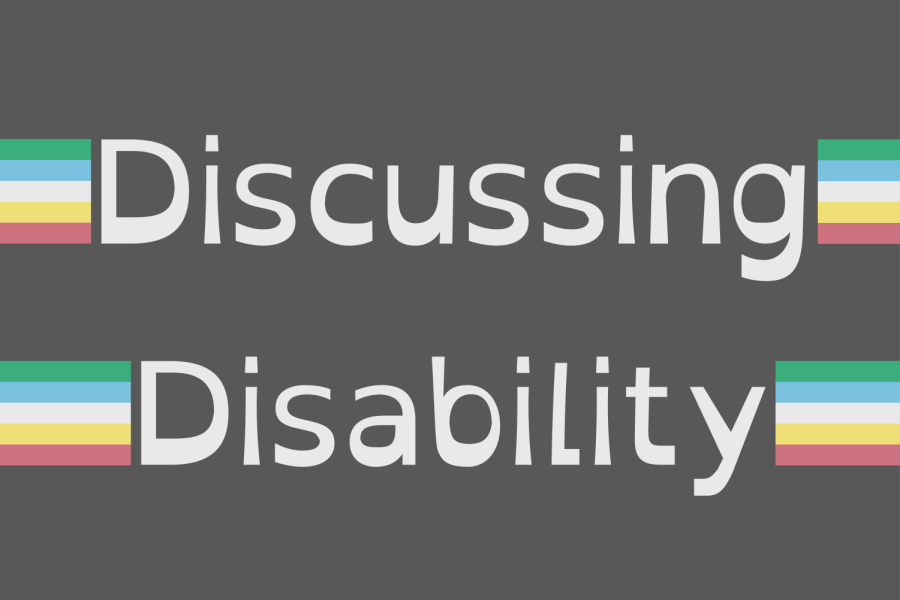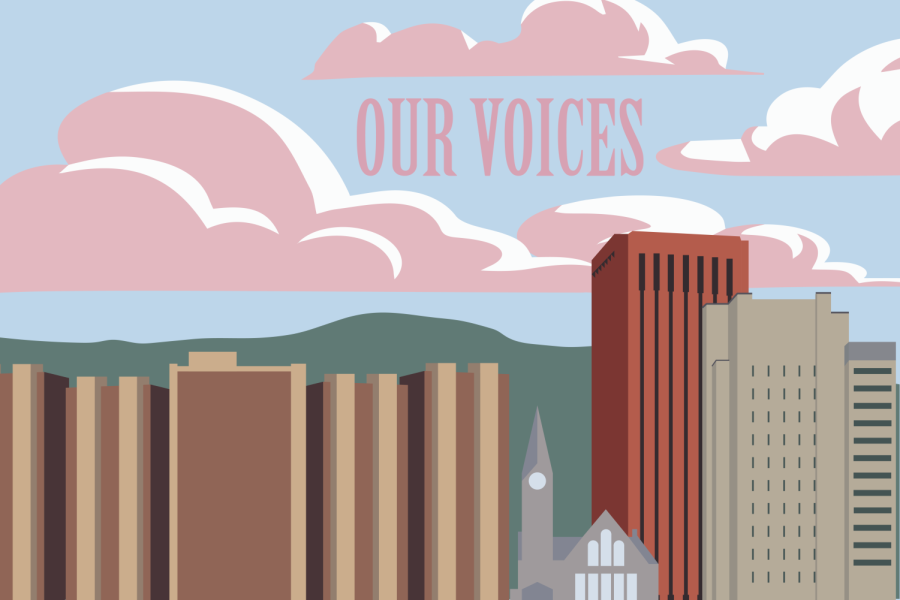“You have to get help,” were words that I never wanted to be told, but ultimately needed to hear in January 2012 when my mental health declined beyond my control. In that moment, psychotherapy was seen as my salvation, with the experts as my saviors who would have all of the answers and get me back on track in no time.
This notion, which many people in the world seem to share, quickly fell off its pedestal for me. The truth is that the professionals aren’t always the perfect answer and they can sometimes even hinder rather than help you cope with a mental illness.
You can tell that to the first therapist I ever saw, who mumbled “Wow” and “You’re kidding” incredulously under her breath at everything I admitted to her about the highly sensitive topic of my battle with anorexia nervosa and self-harm.
There’s also my first dietitian, who suggested I cut back on the very foods I needed to restore a proper metabolism and then proceeded to talk about how I can effectively burn calories by exercising – she had claimed she was specialized in eating disorder recovery.
You can even tell that to the University of Massachusetts own Center for Counseling and Psychological Health, who chose to put a magazine in the waiting room in which I sat for half an hour on my first visit with “Drop 20 pounds! Guilt-free diet!” in large bold letters on the cover.
I don’t blame people for being apprehensive about professional help, especially after a bad experience. It took a long time for me to be able to put my trust in the therapy process again after feeling so uncomfortable with my first experience. Of course, it is important that a person be able to recognize and step away from something that is harming his or her mental health.
But I think these people often tend to give up too easily on something that may be extremely beneficial.
Mental illness can be a complicated, powerful struggle much larger than our individual selves. Yet stigmas and societal pressures lead us to believe that we should be capable and in control enough to just get over it on our own. The reality is that seeking outside resources and professional help could be the key to pushing through a difficult experience.
Therapy often takes two extremes in society’s eyes – glorified as the best way to fix everything or labeled as the final indicator that a person has gone completely bonkers.
If you ask me – and if it was not so costly—I would say everyone should try it, diagnosis or not. There is something wonderfully unique in being able to discuss such personal aspects of your life with a stranger, knowing you can say anything you need to a person who will listen and who you will not encounter in your day-to-day life.
Yes, I’m including the bad experiences as well.
Getting through difficult sessions with professionals taught me as much about myself as did the positive sessions I experienced later. I learned specifically what words and actions tend to trigger unhealthy thoughts, and how I might handle that. In a world where I am bound to encounter more than one ignorant comment, uncomfortable image or insensitive question, these experiences forced me to directly deal with the discomfort in a relatively safe environment.
In realizing that these professionals were making me feel worse rather than better, I learned that perhaps I had more trust in myself than I had thought, that I had an increasingly powerful drive to protect myself from this illness and overcome it despite how discouraging my efforts had felt.
When I decided to try therapy again, I learned that I was truly capable of falling and being able to stand back up again.
Therapy was something I needed. I needed an unrestricted way of venting what was going through my mind, to be able to consider each never-before spoken thought from a new perspective in both how it sounded to the therapist’s ear and to my own. For me, excellent therapy sessions led to the unraveling of answers and new goals through little more than uninterrupted talking. And this ultimately played a huge part in my recovery.
I think many people who have had one bad experience or are just hesitant to pick up the phone and make an appointment truly know that they need this too.
Of course, everyone is different, and individual experience can vary greatly. There is a reason that there aren’t conclusive studies on the overall effectiveness of psychotherapy, although the majority of attempted studies tend to have results that sway in favor of psychotherapy for improving mental health.
Mental illness is not something one can just hope is a phase that will pass though. If you want to beat it, you need to take action.
Perhaps your therapy is yoga, laughing with a friend, jogging in the park or listening to music. Whatever it may be, it is important to realize when it is simply not enough. Seeking professional help can feel intimidating, but it could be that step that sets off a chain of positive change you never dreamed possible.
Perhaps I’m getting a bit too caught up in my own experience here, but if I can come as far as I have through a combination of poor and wonderful help, I’m willing to testify that professional help is at least worth a try.
You can tell that to my first therapist – I cannot blame her or any other professionals for having methods that didn’t work for me, but I can take what I’ve learned from those sessions and I can use even pain to heal.
And honestly, I’d just love to see what she would say after hearing how my life has improved since that awkward meeting I had with her nearly two years ago.
I hope it is something along the lines of, “Wow, you’re kidding.”
Kate Leddy is a Collegian Columnist and can be reached at [email protected].
















